
Tibetan Festival to free captive animals
Freeing captive animals has become a folk culture in Tibet, especially during the Saga Dawa Festival, which is also known as a Tibetan festival to free captive animals. During the festival, Tibetan people do not kill living things and give out alms to people who need it, in order to concentrate their efforts on worshipping.
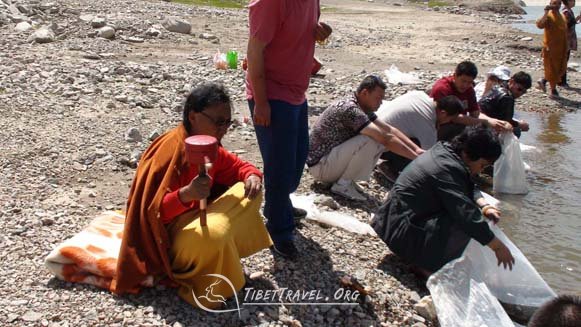

With exceptional passion and outstanding leadership, Mrs. Catherine has dedicated herself to Tibet inbound tourism and China tour for 15 years. As one of the handful females who see great potential of Chinese inbound tourism, Catherine has made great contribution to promoting Tibet tourism and enhancing the employment of Tibetans and prosperity of local Tibetan community.
Over the years, she travelled overseas with Tibet Tourism Bureau many times to promote Tibet tourism. Currently, Catherine works as the marketing director of Tibet Vista, an opinion leader behind the whole team of Tibet Vista.
Related Articles & Posts

Latest Tibet Travel News
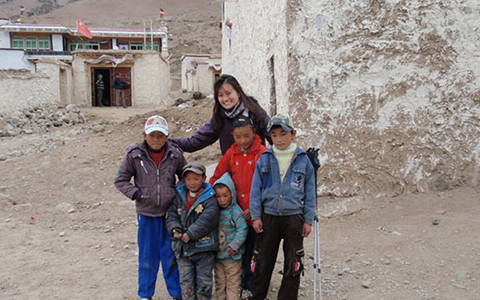
Tibet Vista: A Social Responsible Tour Organizer
Aug 14,2023

Tibetan Monks Debate in Drepung Monastery
Jun 10,2023
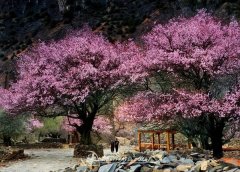
Tips for Traveling to Tibet in Spring
Feb 17,2022
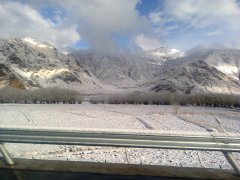
Snow Will Hit Qinghai-Tibet Plateau
Feb 17,2022
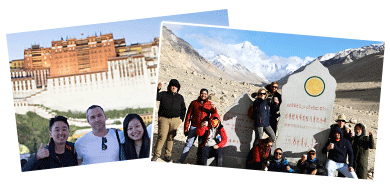

.jpg)


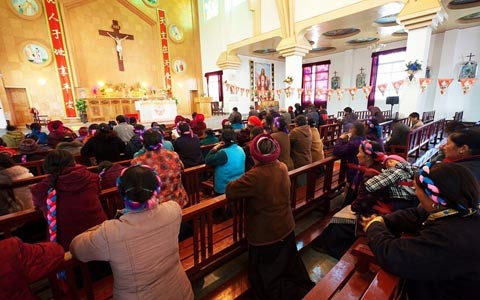

0 Comment ON "Tibetan Festival to free captive animals"